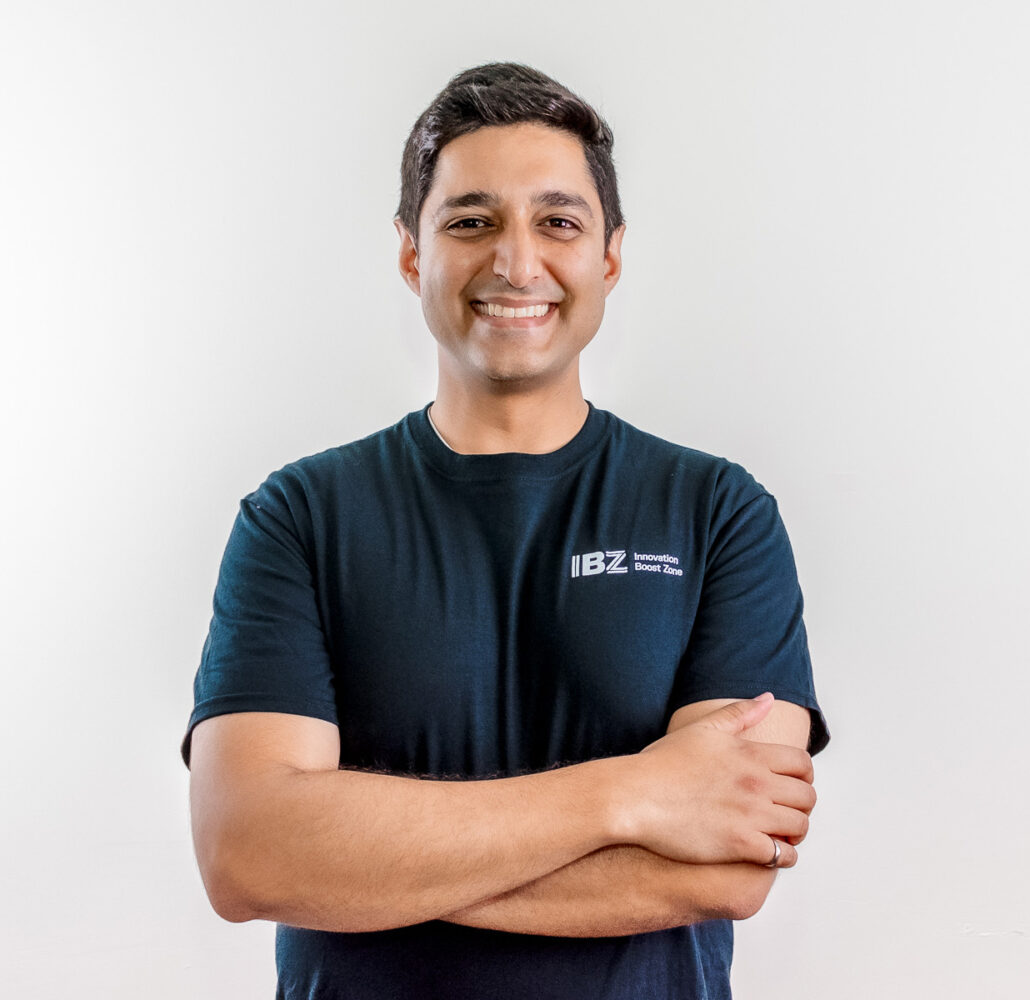What sets successful founders apart?
Successful founders see a fundamentally different version of the future than what exists today. They aren’t settled until they’re working on that version of the future. They then adopt a don’t-get-stuck mentality and try to make it possible by working through obstacles and asking for help when they need it. That said, perseverance alone isn't enough. Strong entrepreneurs have a spirit of adapting and changing approach. They leave the compass direction always set towards that brighter version of the future, even if detours are required along the way.
What are measures of success?
How fast are you learning? How fast are you evaluating and testing what you are learning? Day one of the founder’s journey is usually the day you know the least about your problem, markets and solution. You maintain a competitive edge by learning extremely quickly, adopting more industry knowledge and catching up to the bigger players.
If we look at those measures in reverse, if the business fails, strong entrepreneurs have been able to learn, exercise decisions and reflect faster than anyone else. As a result, hopefully they are going to be far more confident taking on the next series of challenges and risks. In the Zones, we talk about setting failure or stop criteria and how to evolve generally. It’s about the founder being reflective about their own skills and abilities and constantly looking at whether they’re hitting that wall of diminishing returns–in which case, it’s time to pivot.
What is the most common pitfall founders face?
People are attached to the solution but haven’t really explored the problem. Many founders have a very solidified view of what their product or service should be, but haven’t validated their assumptions. Founders are really good at pitching the vision of an orchard. We need to stretch that arc all the way back to a seed and build up from there, testing and getting feedback all the way through. It feels slower, but it will save time in the end.
What advice do you give the most?
Take a step back and detach. By taking that step back, sometimes you see opportunities you would not find otherwise. For example, someone you viewed as a competitor could be a partner.
However far along your ideas are, TMU’s zones can help you turn them into something real.
Connect with a startup advisor today by completing this form.





